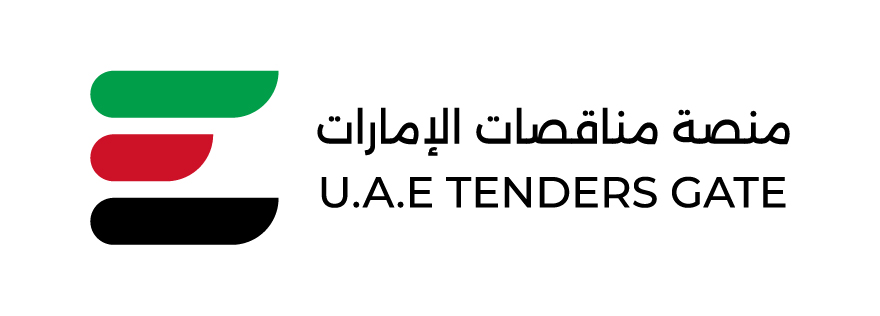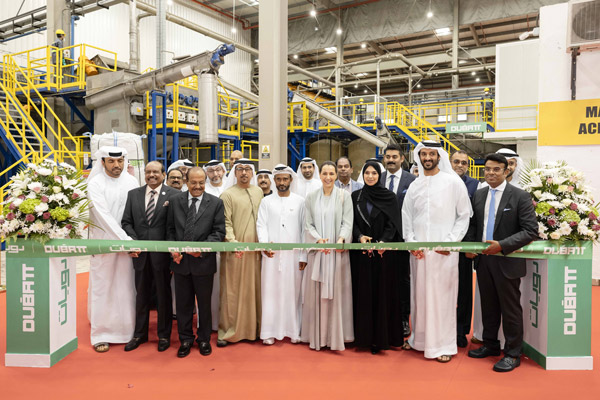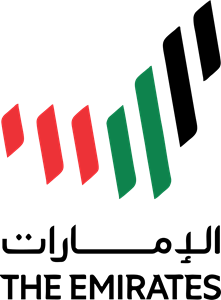Dubatt Battery Recycling’s fully integrated battery recycling plant – the first of its kind in the UAE – has been inaugurated at Dubai Industrial City. Dubatt signed a musataha agreement during the inauguration ceremony to expand the plant, raising its total investment at Dubai Industrial City to AED216 million ($59 million).
The factory is aligned with the goals of the UAE Industrial Decarbonisation Roadmap, the UAE Circular Economy Policy 2031, and Dubai Integrated Waste Management Strategy 2041 to stimulate sustainable industrial and economic development.
The ingots manufactured at Dubatt’s plant will be used to produce new batteries, creating a circular economy that furthers the UAE’s sustainability agenda in line with the goals of the Ministry of Industry and Advanced Technology’s Operation 300bn programme. Battery products manufactured at the end of the production cycle will be sold in the UAE and exported across the GCC, Europe, and Far East, supporting the Make it in the Emirates initiative to strengthen the supply chain for locally manufactured products.
Advanced battery breaking
With a built-up area of 65,000 sq ft, Dubatt’s state-of-the-art plant, worth AED120 million, is equipped with advanced battery breaking, separating, smelting, and refining technologies to safely extract hazardous waste from used lead acid batteries, recycling up to 80% of battery waste produced in the UAE to manufacture lead ingots.
The plant’s inauguration follows months of trials to complete approval and audit processes with government and environmental stakeholders, and its planned expansion, spanning 50,000 sq ft of built-up area, is expected to raise Dubatt’s turnover to AED200 million.
Upon completion, the AED96 million expansion will raise the factory’s lead acid battery recycling capacity to 75,000 metric tonnes (MT) a year, in addition to introducing dedicated lines for lead billets, wires and lead shots, in addition to a grinding, and granulation line for 3,600 MT of battery plastics, 5,000 MT of lithium batteries, and 7,000 MT of e-waste.
The ceremony
The inauguration was done in the presence of Abdulla bin Touq Al Marri, Cabinet Member and Minister of Economy; Dr Amna Al Dahak, Cabinet Member and Minister of Climate Change and Environment; Mariam bint Mohammed Saeed Hareb Almheiri, Head of the International Affairs Office at the Presidential Court; and Omar Al Suwaidi, Undersecretary of the Ministry Industry and Advanced Technology.
Also in attendance were Eng Dawood Al-Hajri, Director-General of Dubai Municipality; Mohammed Shael AlSaadi, CEO of Dubai Corporation for Consumer Protection & Fair Trade (CCPFT); Mohamed Sharaf, COO of Investment Attraction at Dubai DET; MA Yousuff Ali, Chairman and Managing Director of Lulu Group International; and PK Kunhalikkutty, Member of Legislative Assembly and Former Minister of Industries, Government of Kerala.
The government dignitaries were welcomed by Abdulla Belhoul, CEO of TECOM Group PJSC; Shamsudheen Binmohideen, Chairman of Dubatt; and Saud Abu Alshawareb, Executive Vice President of Industrial at TECOM Group PJSC, among other senior officials.
Al Marri said: “The circular economy constitutes one of the basic pillars that support the sustainable growth of our national economy in accordance with the vision and directives of our wise leadership. It is a key focus area in the government’s efforts, in partnership with the private sector, to consolidate the country’s position as a global hub for the new economy in line with the goals of the ‘We the UAE 2031’ vision.
Circular economy
“The opening of the Dubatt factory, with its advanced technology in the field of battery recycling, is an important step forward in support of the goals of the circular economy agenda and emphasises the pivotal role that the manufacturing sector plays in achieving them. It also aligns with the “valorisation of industrial waste” policy, which was recently approved by the Council of Ministers with the aim of encouraging the reuse of industrial waste. The move confirms the policy of integrated management of recyclable materials as one of the efforts that drives the UAE’s shift towards a circular economy model.”
Dr Al Dahak said: “Dubatt Battery Recycling’s unveiling of a new integrated battery recycling plant is an example of the decisive action being taken in the UAE to protect its communities from the impact of climate change. UAE Circular Economy Policy 2031, launched in 2021, commits to diverting 75% of waste from landfill, and pledges to act on controlling movement of hazardous waste.
“The steps Dubatt Battery Recycling is taking today will make a huge difference to the UAE and I hope other businesses are inspired by their determination. We need a widespread regenerative approach to resource management, moving away from a ‘take, make, use, dispose’ cycle; we must work towards consumption and production operating sustainably within environmental limits, and we must work together to achieve our goals.”
Local investments
Al Suwaidi said: “Industry is a key pillar of the UAE’s sustainable economic development plan. The ministry, through the National Strategy for Industry and Advanced Technology, is committed to boosting local industrial investments that support the country’s sustainability objectives through driving the circular economy and industrial decarbonisation.”
He added: “The inauguration of Dubatt’s integrated battery recycling factory is a vital step in driving the growth and development of the national industrial sector as well as enhancing the competitiveness of local products. The move aligns with the Industrial Decarbonisation Roadmap launched by the ministry to reduce carbon emissions in industry by 93% by 2050.”
“Many of the world’s sustainability challenges will find solutions in the manufacturing sector,” said Alshawareb. “The export of locally made, upcycled products will champion an even stronger, locally grown circular economy and enable a technologically advanced manufacturing sector. The launch of Dubatt’s battery recycling plant at Dubai Industrial City is a testament to investor confidence in the UAE’s and Dubai’s future-proof and holistic roadmaps, such as Operation 300bn and Dubai Economic Agenda ‘D33’, which promote the manufacturing sector’s sustainable expansion in the UAE.”
Used batteries
Binmohideen added: “The UAE generates around 72,000 to 96,000 tonnes of used batteries every year, and this encouraged us to develop a homegrown solution to ensure their proper recycling. Dubatt’s project aims to energise the Dubai Integrated Waste Management Strategy 2041 by leveraging Dubai Industrial City’s supportive ecosystem, including its proximity to Jebel Ali Port, Al Maktoum International Airport, and an Etihad Rail freight terminal. We are pleased to formally launch our operations and contribute to the UAE’s sustainability goals.”
The improper disposal of battery scrap can contaminate soil and groundwater, which is an environmental and health hazard. According to Dubatt’s estimates, around 90% of the lead acid battery scrap generated in the UAE is exported for recycling. Dubatt’s factory at Dubai Industrial City will localise the recycling of used battery waste, ensuring the safer treatment of waste materials.
Dubai Industrial City is among the region’s largest manufacturing hubs and home to more than 800 customers, including global leaders such as Himalaya, A P Moeller-Maersk, and Unilever, and over 300 operational factories.
Trade Arabia











